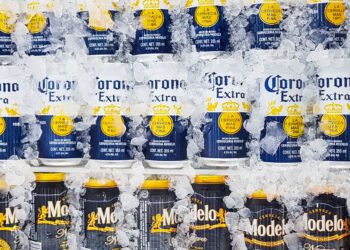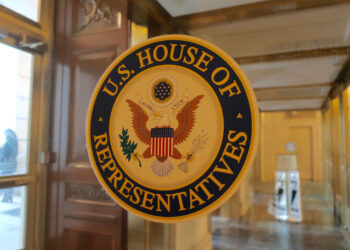Last year, the National College Athletic Association (NCAA) relaxed its rules, allowing collegiate athletes to accept endorsements. Many high schools quickly began to follow suit.
Now 19 states and counting allow elite prep athletes to earn six or even seven figures from their name, image, and likeness (NIL) before heading to college. Many have multiple endorsement deals fueled by millions of followers on Instagram, TikTok, and Twitter. The Nebraska-based online platform open-endorse.
California was the first state to allow high school athletes to sign NIL deals acknowledging that many of those young athletes are from low-income households, and most have to devote so many hours to their sport that it’s nearly impossible for them to function like regular students. However, earning big money at a young age can also make these athletes targets for exploitation. Consequently, over half of the states still need to grapple with whether or not money contracts are appropriate in high school sports. Student-athletes who earn significant money could jeopardize their ability to qualify for college financial aid. They also have to report their earnings and pay taxes. In addition, they have to think three steps ahead since signing a long-term deal with one brand could disqualify them from attending a college partnered with a rival brand.
Regardless of the pros and cons, Pew Research predicts that the number of high school athletes cashing in on endorsements, autographs, and sponsorships is likely to increase as more and more states change their laws.












